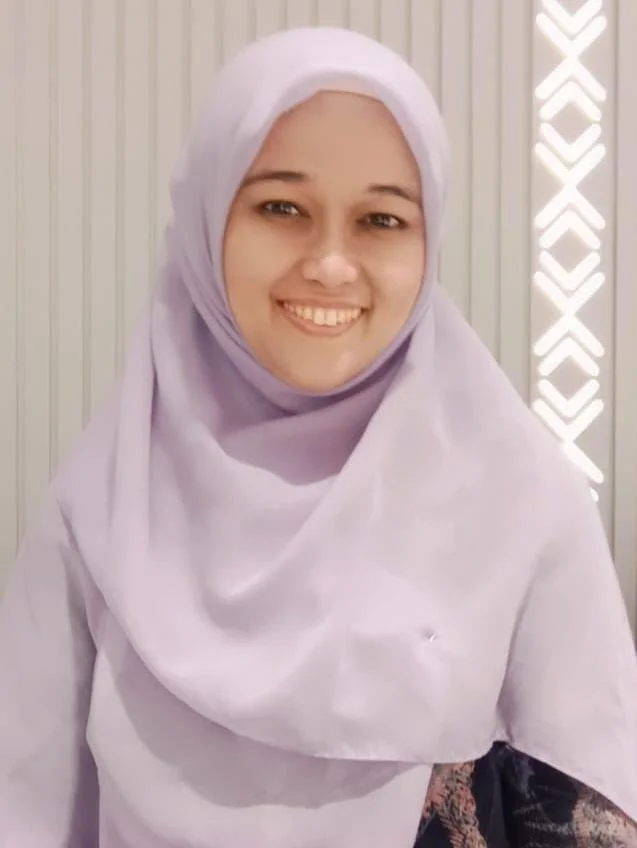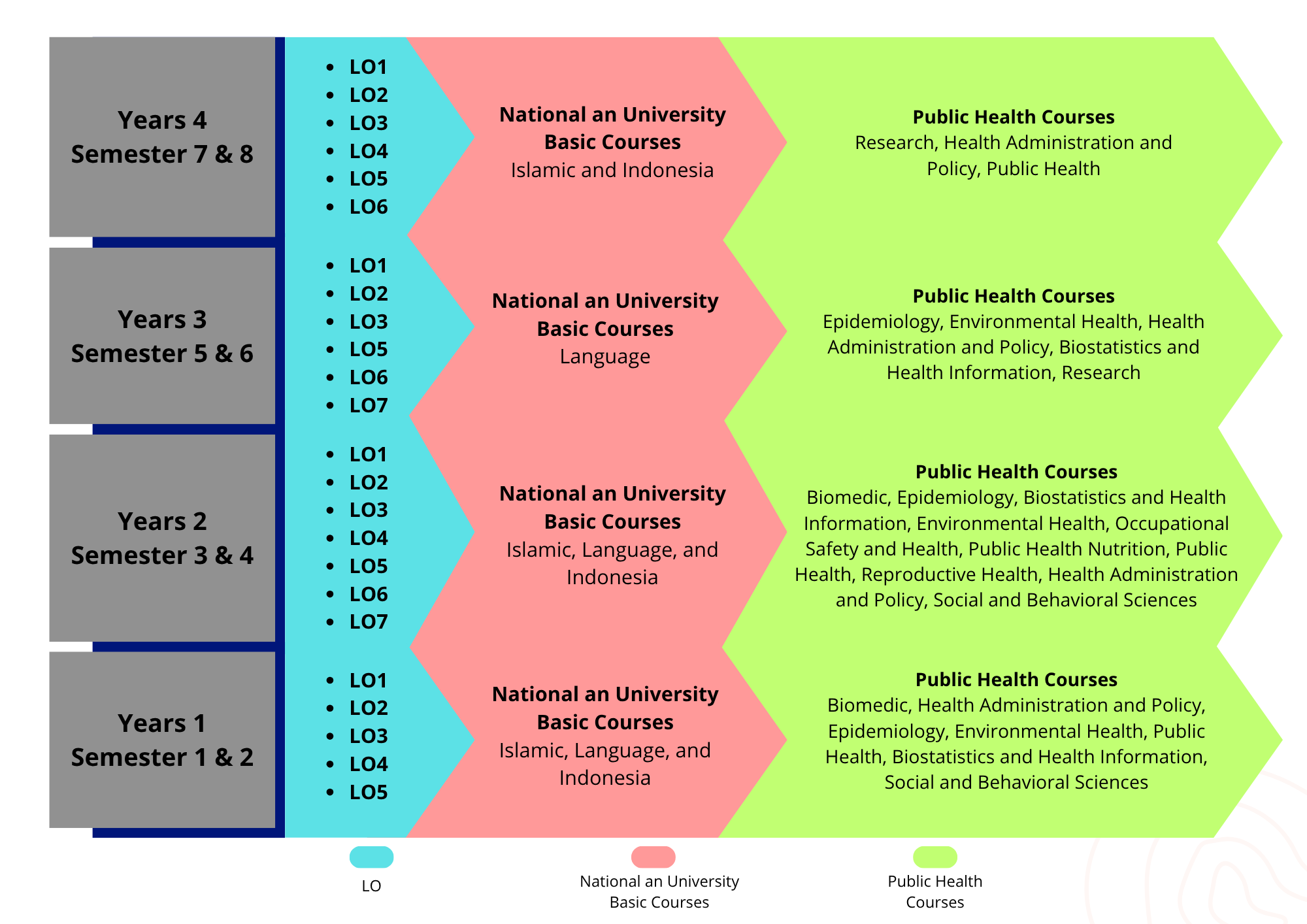
Public Health Study Programme
To become a distinguished Public Health Study Programme with a global outlook, excelling in the fields of public health and disaster management, grounded in Islamic values and local wisdom, to help realize a healthy and resilient Indonesian society.
- To deliver a high-quality undergraduate education in public health with a global perspective, excelling in the fields of public health and disaster management, grounded in Islamic values and local wisdom, to produce competent and ethical graduates.
- To conduct innovative and applicable research in public health with a global perspective, focusing on public health and disaster management, based on Islamic values and local wisdom, to advance scientific knowledge and inform health policy.
- To implement collaborative community engagement programs utilizing digital technology, with excellence in public health and disaster management, based on Islamic values and local wisdom, to empower communities toward a healthy and resilient Indonesia.
- To establish productive and sustainable collaborations with national and international public health institutions to strengthen the Tri Dharma of Higher Education.
- To provide opportunities for graduates of madrasahs and Islamic boarding schools (pesantren) to pursue high-quality higher education in public health.
To produce Public Health graduates who have a global perspective and are competitive and capable of applying digital technology in public health and disaster management, grounded in Islamic values and local wisdom.
Graduates of the Public Health Study Programme are Bachelors of Public Health who are competent to serve as managers, leaders, researchers, educators, and communicators with a global perspective. They are competitive and capable of applying digital technology in public health and disaster management, and they uphold Islamic values and local wisdom in their professional practice.
Graduates are able to:
- Conduct assessments and situation analyses in public health at the primary healthcare level through an interdisciplinary approach that incorporates Islamic values as a basis for digital technology-based studies.
- Implement health policies in the form of health program management (policy development and program planning), including human and financial resource management in public health at the primary healthcare level, through an interdisciplinary approach that integrates Islamic values as a foundation for.
- Practice effective communication (communication skills) appropriate for promotive and preventive public health activities, taking into account local cultural contexts and incorporating Islamic values as a basis for digital technology-based studies.
- Implement community empowerment (community dimensions of practice) in promotive and preventive public health initiatives, considering local culture as a form of Islamic outreach (dakwah) and applying entrepreneurial management principles (entrepreneurial skills).
- Apply leadership and systems thinking (leadership and systems thinking/total systems skills) in public health at the primary healthcare level through an interdisciplinary approach grounded in Islamic values.
- Apply principles of equity in public health services as an embodiment of akhlaq al-karimah (noble character).
- Apply disaster management principles in public health through an Islamic and professional practice-based approach.
-
14NationalLAM-PTKes 2023-2028 (Superior)
-
14InternationalASIIN
Research and Community Service
Research productivity and innovation continue to increase through programs at the Institute for Research and Community Service (LPPM) of UIN Syarif Hidayatullah Jakarta and also the Ministry of Religious Affairs Research Grant for PTKIN lecturers. LPPM UIN Syarif Hidayatullah Jakarta provides a budget for research, international publications, collaborative research and visiting professors to increase the enthusiasm of lecturers in the UIN Syarif Hidayatullah Jakarta environment to conduct research that is in line with each lecturer's specialization. Similar budget allocation items are also provided by the Directorate of Islamic Higher Education of the Ministry of Religious Affairs of the Republic of Indonesia which can be accessed by all PTKIN lecturers throughout Indonesia.
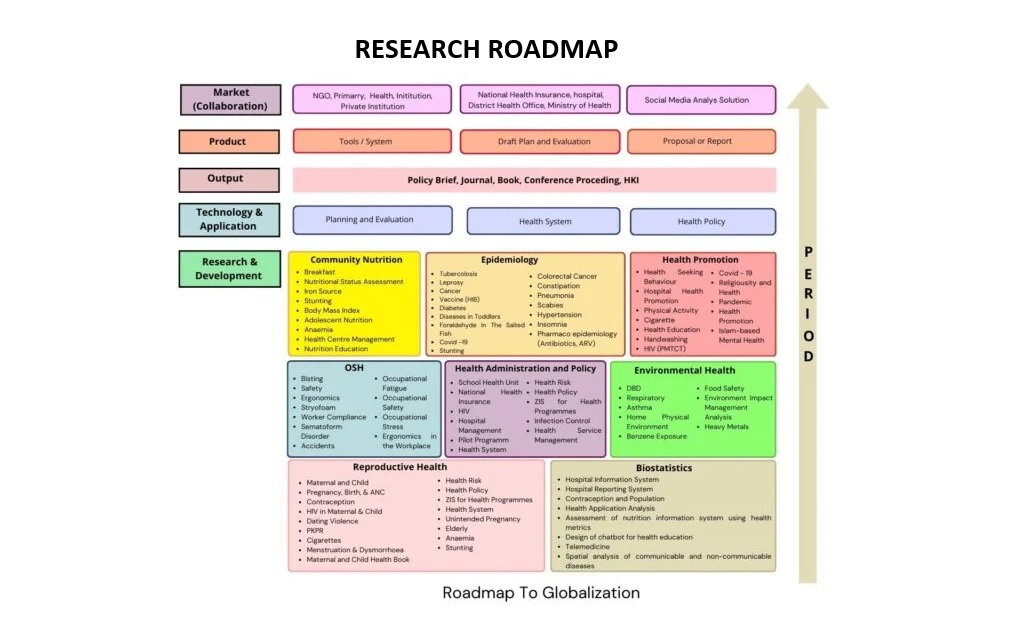
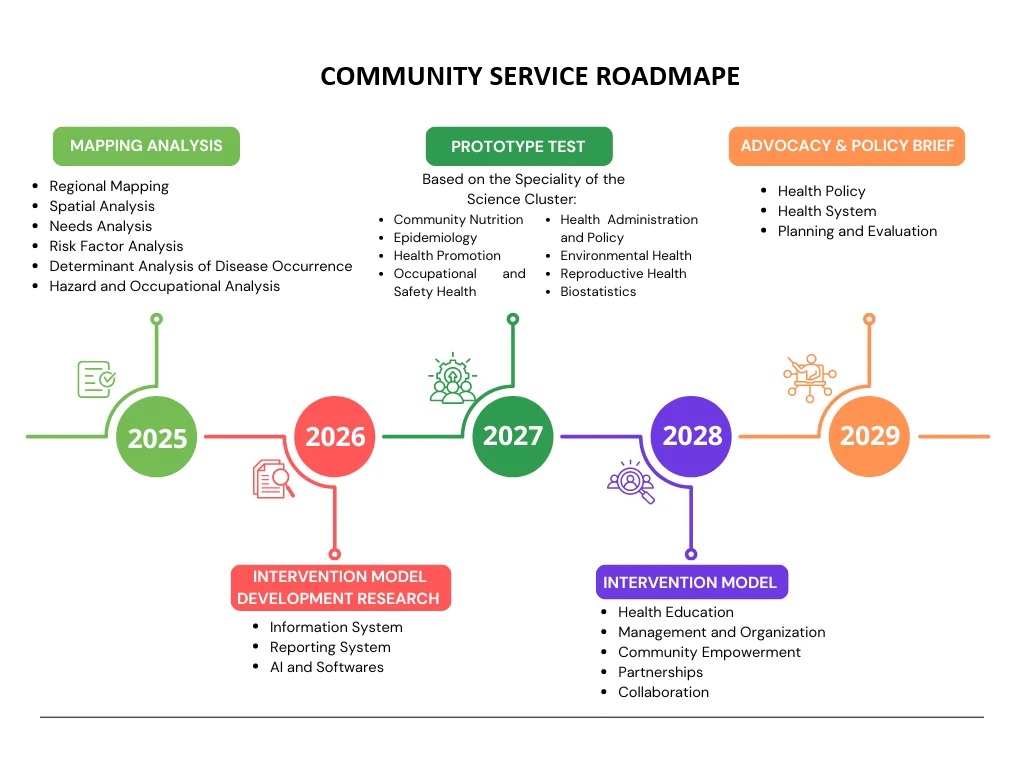
Student Activities
Student Associations of the Study Programme Public Health
The Public Health Study Program Student Association is a student organization at the study program level that functions as a forum for students to carry out activities both in the academic and non-academic fields. The main purpose of this organization is to improve the quality of education, skills, and strengthen solidarity between students in the public health study program.
Organization Structure
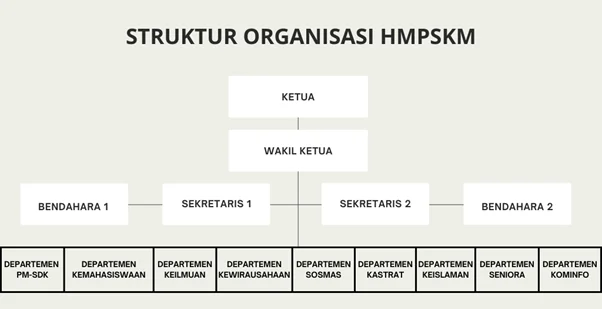
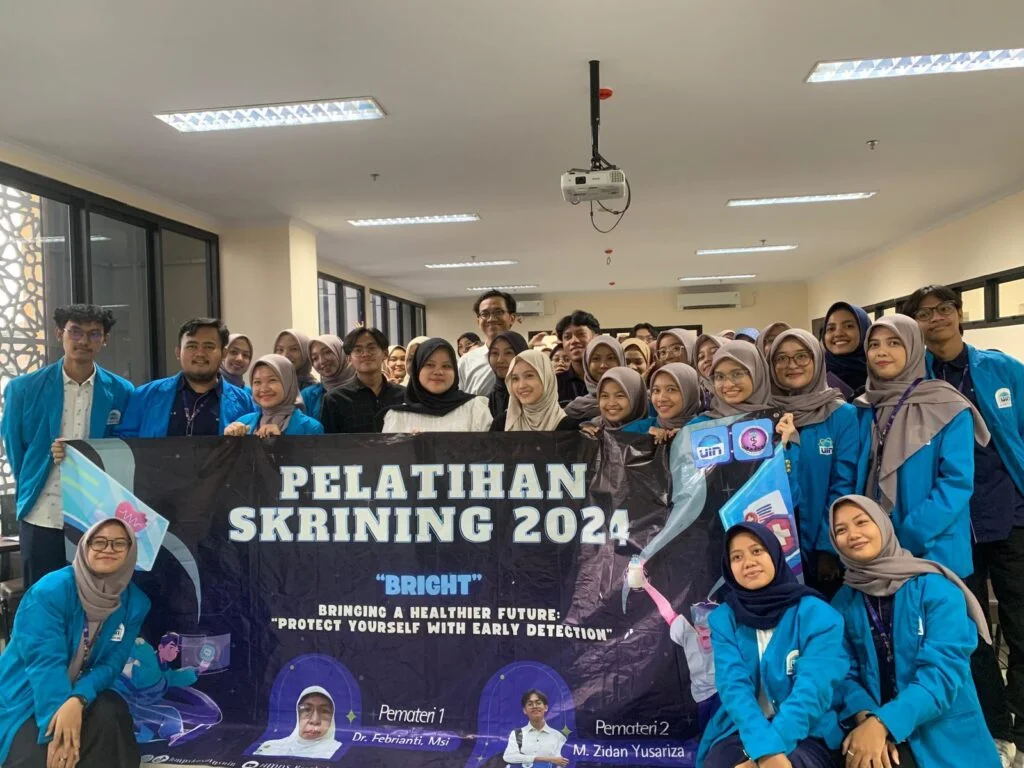
Health Screening Training
Screening Training is an activity that contains training to increase knowledge and improve the skills of UIN Jakarta Public Health students regarding health screening procedures and procedures for using tools, as well as implementing health screening. Selected participants who have attended the screening training will be part of the 2024 screening team.
Voluntary Blood Donation Interaction
Interaction Voluntary Blood Donation is a social awareness program implemented by the Community Social Affairs Department of the Community Studies Program Student Association by organizing voluntary blood donations to be distributed to the Indonesian Red Cross.
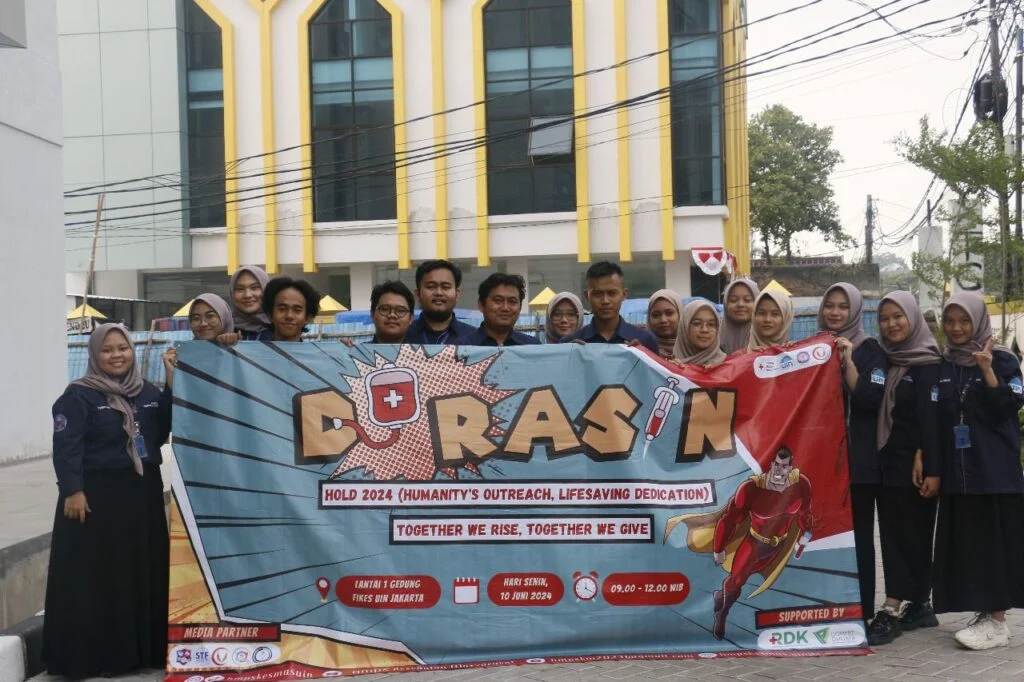
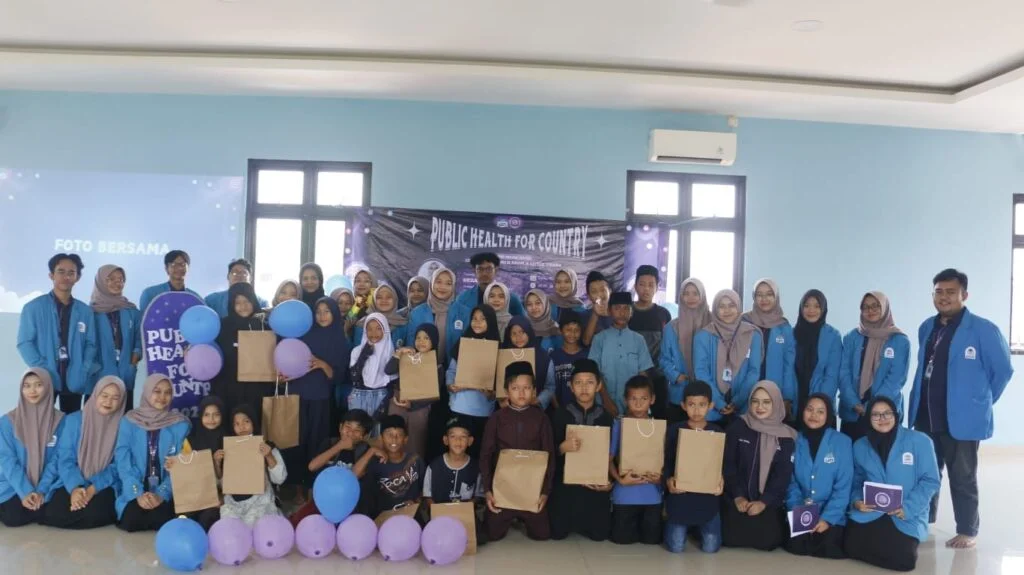
Public Health For Country
Public Health For Country is a social activity in the form of community service in the field of education, where this work program focuses on providing education to the community. This is to increase knowledge and awareness as well as build community independence in overcoming health problems through empowerment and counseling activities.
Tuition fee
SINGLE TUITION FEE (UKT) LIST
UNDERGRADUATE STUDENTS (S1) ODD SEMESTER
2025/2026 ACADEMIC YEAR
Syarif Hidayataullah State Islamic University (UIN) Jakarta
| Study Programme | Group.1 | Group.2 | Group.3 | Group.4 | Group.5 | Group.6 | Group.7 | STUDYING KIP |
|---|---|---|---|---|---|---|---|---|
| Public Health Study Programme | 400.000 | 4.818.000 | 5.000.000 | 5.500.000 | 6.500.000 | 7.810.000 | 9.000.000 | 2.400.000 |
ANNOUNCEMENT LETTER OF UKT UIN SYARIF HIDAYATULLAH JAKARTA
Laboratory
Nutrition and Kitchen Laboratory
This laboratory is used to carry out interventions learned in nutrition courses, especially in processing food ingredients according to the nutritional needs of the community.
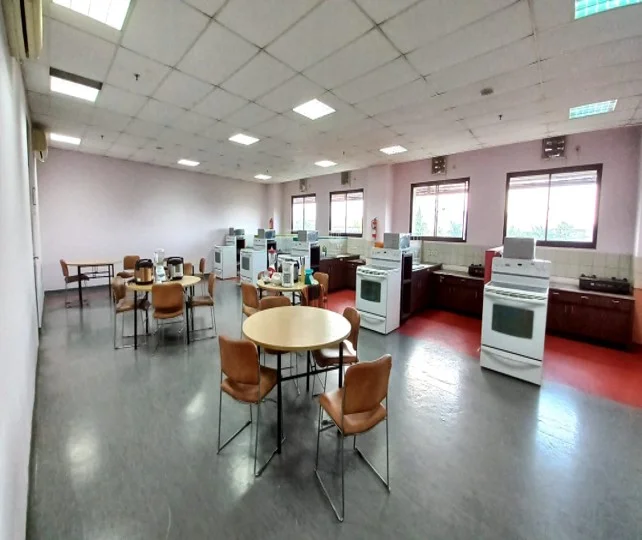
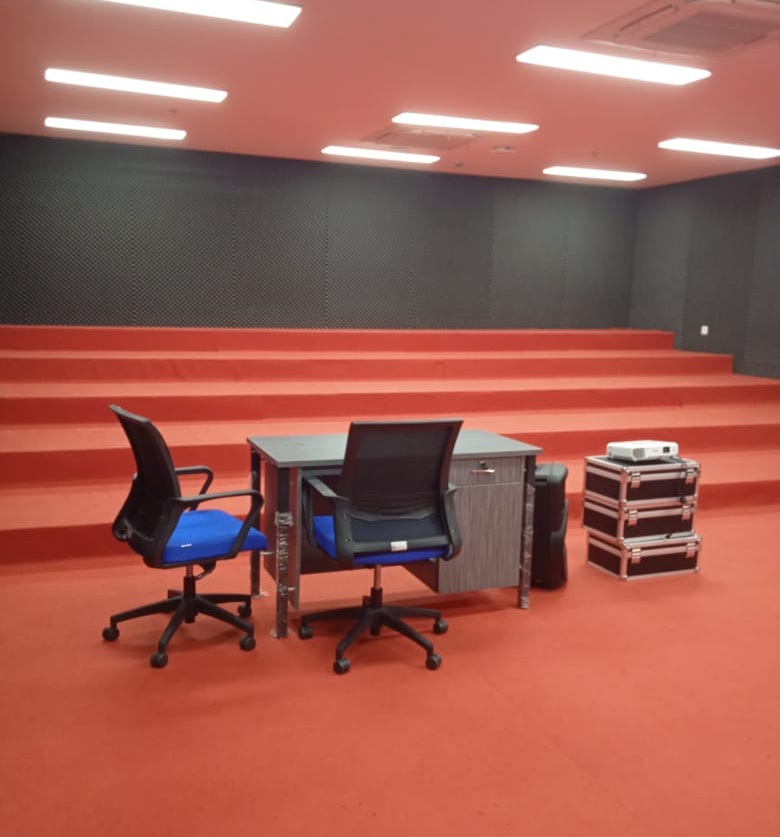
Audio and Podcast Laboratory
This laboratory is used to learn the technicalities of making health promotion media, such as posters, video reels, and podcasts, as well as practicums related to the stages of health promotion media development.
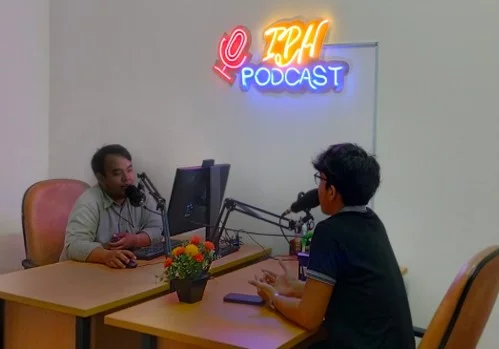
Epidemiology Laboratory
Epidemiology Laboratory
• This laboratory is used to identify, monitor, and track the spread of disease in a population, both communicable and non-communicable diseases.
• Testing biological samples such as blood, urine or other body fluids to detect disease-causing agents such as viruses, bacteria or parasites.
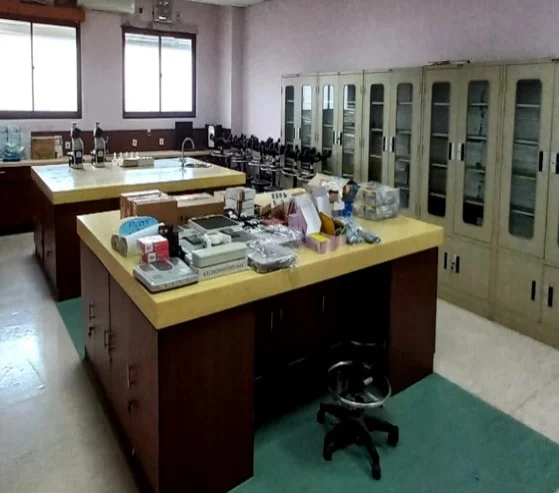
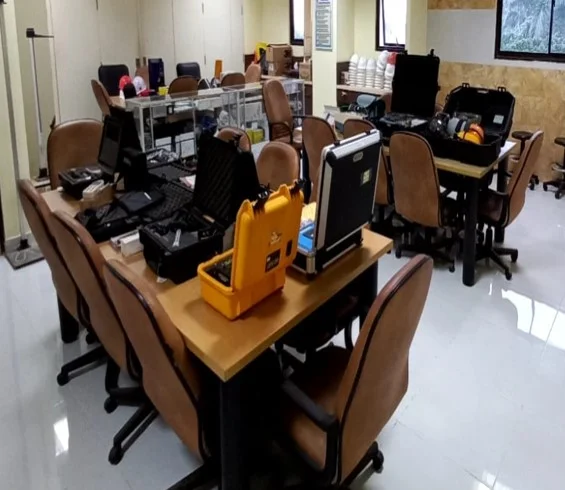
Occupational Health and Safety Laboratory
This laboratory is used for activities to anticipate, recognise, evaluate and control various occupational health hazards in the workplace. Occupational health hazards covered include noise, extreme temperatures (hot and cold), vibration, radiation (ionising and non-ionising), chemical, biological, ergonomic, and psychosocial hazards.
Environment Health Laboratory
Environment Health Laboratory
• This laboratory is used for environmental quality measurement, which includes sampling from environmental media (water, air, soil, and food), sample preparation, and measurement according to procedures based on the parameters to be measured, and interpreting the measurement results.
• This laboratory is used to test for the presence of hazardous materials in the surrounding environment that may harm human health, such as pesticides, heavy metals, and pathogenic microorganisms.
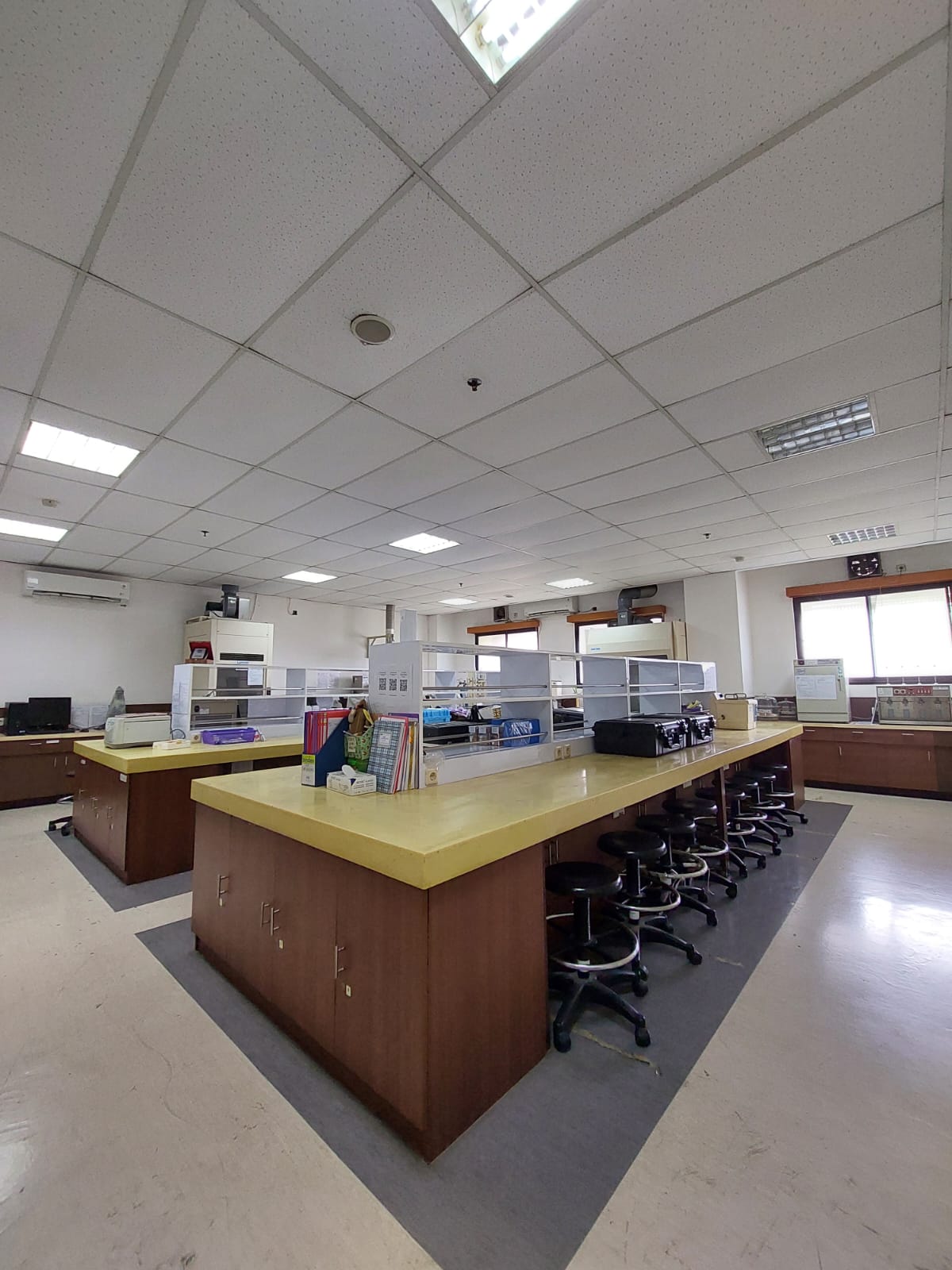
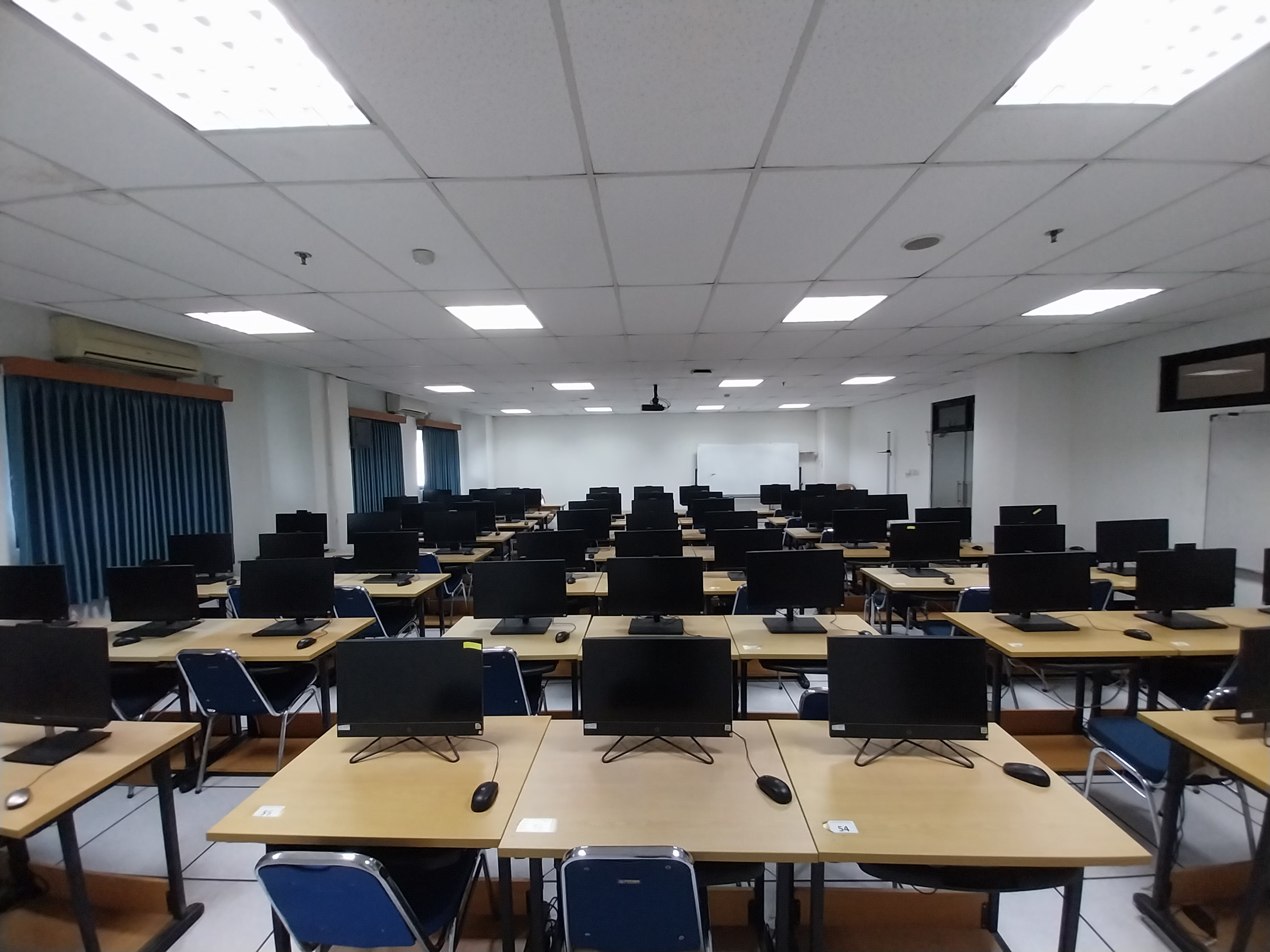
HIS Laboratory
This laboratory is used for activities to anticipate, recognise, evaluate and control various occupational health hazards in the workplace. Occupational health hazards covered include noise, extreme temperatures (hot and cold), vibration, radiation (ionising and non-ionising), chemical, biological, ergonomic, and psychosocial hazards.
Library and Classroom

Library
The library is the heart of a university, supporting the academic activities and dynamics of the university. The library is tasked with providing, managing, and distributing information for education, research, and community service. The Faculty of Health Sciences Library, as a learning center, continues to develop both in quality and quantity to provide excellent service. To date, the library has a printed and electronic collection of more than 6,697 titles, consisting of e-books, journals, theses, and others. The library covers the fields of medicine, health sciences, and Islam. Furthermore, to meet information needs, the FIKES library provides computers equipped with wired and Wi-Fi internet services.
Classroom
On campus, the Faculty of Health Sciences (Fikes) of UIN Syari Hidayatullah Jakarta provides general classrooms for use by all study programs on each campus. These classrooms are typically equipped with LCD projectors, roll-up screens, whiteboards, wireless internet, and some hybrid learning facilities such as microphones and Logitech group conferencing.


